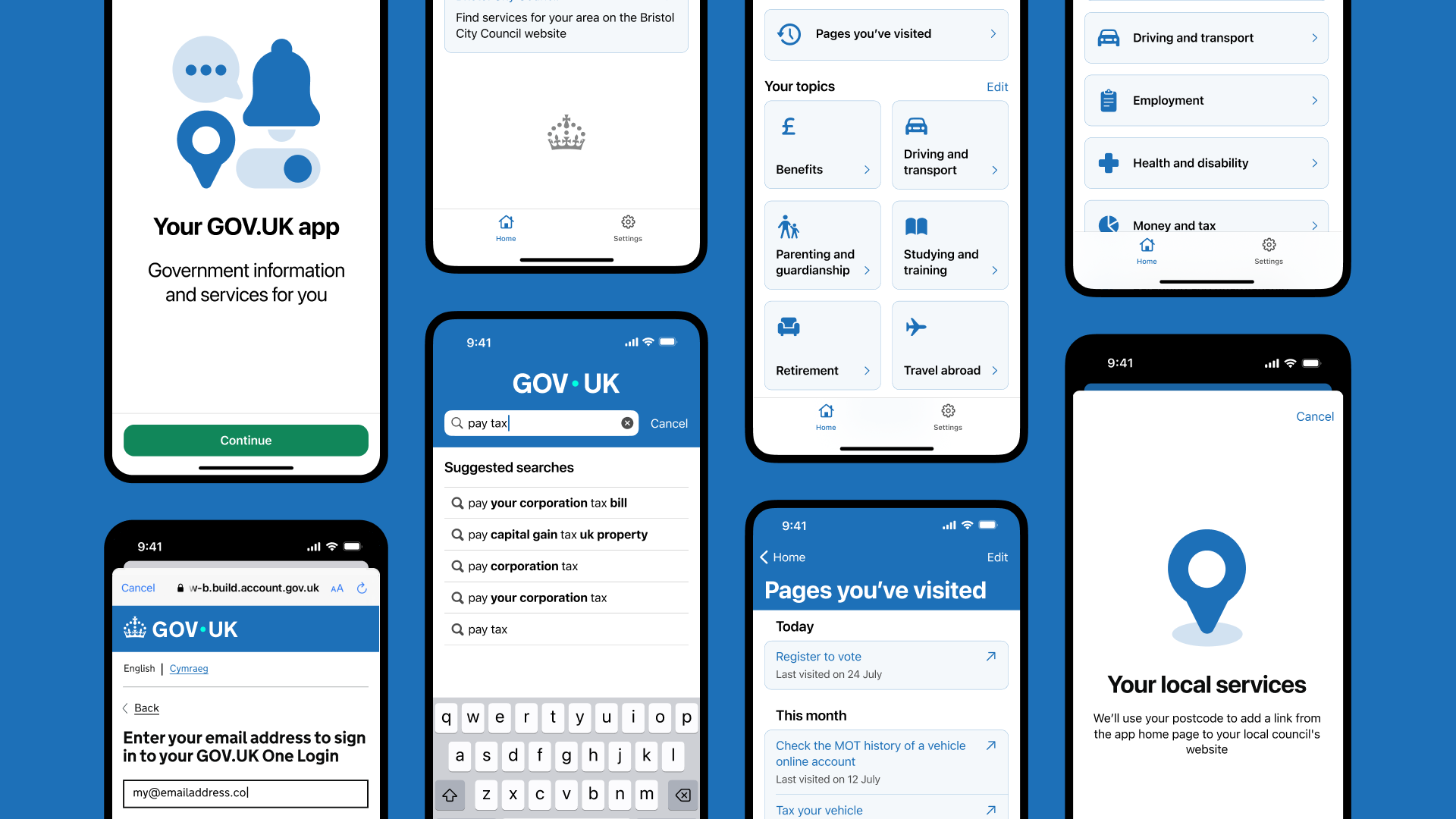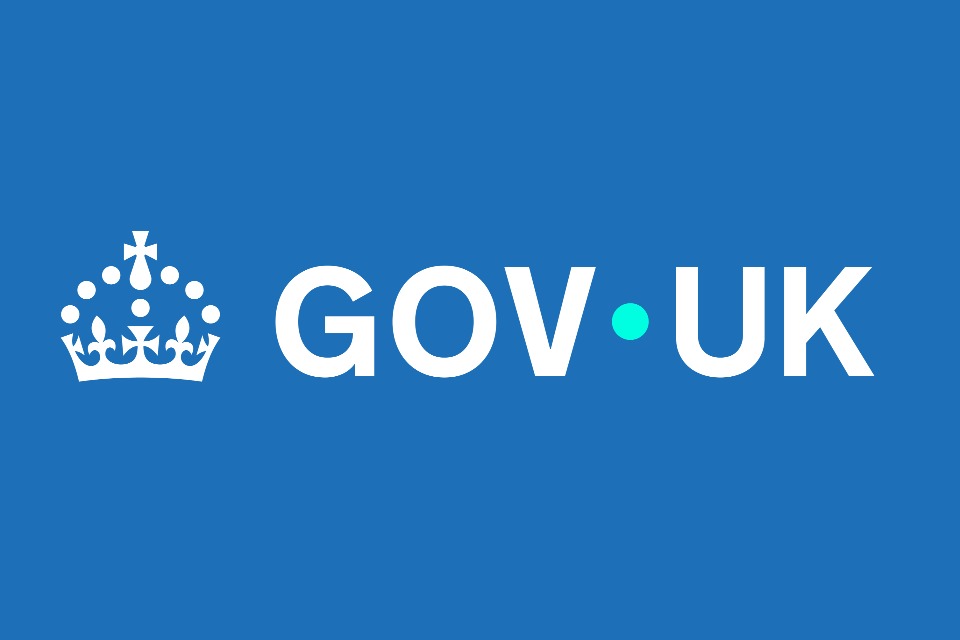Education secretary also announces that schools must deliver at least three hours of online teaching a day
Credit: Victoria Jones/PA Wire/PA Images
After confirming the cancellation of all A-level and GCSE exams in England next summer, education secretary Gavin Williamson has vowed that “this year we are going to put our trust in teachers rather than algorithms”.
Williamson announced in the House of Commons yesterday that the government had “learned lessons” from last year’s fiasco, in which a predictive tech system downgraded the teacher-projected results of thousands of students – with those from more disadvantaged backgrounds particularly badly affected.
The Department for Education and exams regulator Ofqual “had already worked up a range of contingency options”, he told MPs.
“While the details will need to be fine-tuned in consultation with Ofqual, the exam boards and teaching representatives, I can confirm now that I wish to use a form of teacher-assessed grades, with training and support provided to ensure these are awarded fairly and consistently,” Williamson said.
In addition to the education secretary’s announcement, his counterpart in Northern Ireland Peter Weir also yesterday confirmed the cancellation of GCSEs and A-levels. Wales and Scotland have already done so.
Related content
- Was 2020 a watershed for public sector use of algorithms?
- Algorithm debacle saw eightfold increase in GCSE grades changed on appeal
- Williamson made ‘fundamental mistake’ on algorithms, says Ofqual chair
Williamson also outlined the requirements government has placed on schools to deliver online teaching during the current lockdown.
“We have set out clear, legally binding requirements for schools to provide high-quality remote education,” he said. “This is mandatory for ALL state-funded schools and will be enforced by Ofsted. We expect schools to provide between three and five teaching hours a day, depending on a child’s age. If parents feel their child’s school is not providing suitable remote education they should first raise their concerns with the teacher or headteacher and failing that, report the matter to Ofsted [who] will inspect schools – of any grade – where it has serious concerns about the quality of remote education being provided.”
Guidance published by the DfE this week reveals that children who do not have access to a computer at home will be among those considered “vulnerable” and will thus be allowed to continue to attend school.
In addition to which, government will continue rolling out its programme to deliver free devices for disadvantaged children to use for remote learning. The first 220,000 were provided in the early part of summer 2020, with a further 800,000 bought since then.
“Our delivery of laptops and tablets continues apace,” Williamson said. “We have purchased more than one million laptops and tablets and have already delivered over 560,000 of these to schools and local authorities, with an extra 100,000 this week alone. By the end of next week, we will have delivered three quarters of a million devices.”
He added: “We are also working with all the UK’s leading mobile network operators, to provide free data for key educational sites. We are very grateful to EE, Three, Tesco Mobile, Smarty, Sky Mobile, Virgin Mobile, O2 and Vodaphone for supporting this offer. We have also been delivering 4G routers to families who need to access the internet.”



